Applause Entertainment’s Salt City on SonyLIV is a revelation. How simply wonderful to sit through an uncluttered neatly arranged nimbly knitted unhurried slow-burn series which tells it like it is. No frills, no fancy fictioneering, no props. Just an ordinary middle-class family in Mumbai struggling to keep its collective head above the water.
As the tensions in the Bajpai family came to a boil, a simmering tension envelopes the characters. The dramatic tension implodes but never in a burst. It is always done in a silent stifled scream of protest.
We, the audience are not yanked into the family’s tensions. Not this time. Salt City lets us decide how deep we want to get into the Bajpai family’s problems. Probing yet gentle, director Rishab Anupam Sahay prefers a slight push when the drama comes to shove. Sahay opts for a refreshingly minimalist narration, drawing drama from the innermost core of the characters. But never probing too deep into the tensions that are lodged in the family.
While the gently persuasive approach is most welcome on a medium that fancies the sledgehammer approach, what really takes this series that extra mile are the performances. Piyush Mishra is habitually hefty as the patriarch Harish Bajpai. It is a refreshing change to see the man in an indefinable relationship with a woman other than his wife. That the Other Woman is played by the brilliant Nivedita Bhattacharya only enhances the dynamics of what Harish Bajpai calls an “extra-marital affair” in a fit of frustration.
Among Bajpai’s three sons, two, Aman (Manish Anand) and Nikhil (Pranay Pachauri) don’t get sufficient breathing space to carve out a prominent place in the plot.
Games
View AllIt is the youngest son Saurabh ( Divyendu Sharma) whom we get to know in all his shortcomings as a son and citizen of Mumbai. As expected the sequences between father Piyush Mishra and son Divyendu Sharma are among the highlights of a show that would rather bend than break. When Sharma’s Saurav comes home drunk one night and blurts to his father about not being able to get the tv’s remote-control repaired, there is so much that is said without actually saying it.
The malleable quality in the characters is never undermined to give the drama a cohesive centre. Miraculously the centre of the plot holds even when the tenor of the turbulence rises towards the end.
My favourite character in this disarmingly uncluttered series about messy lives is from outside the Bajpai family. He is Gaitonde, played by the wonderful Marathi actor Jaywant Wadkar, a god-fearing kind cop who looks out for the unanchored Saurabh Bajpai (Divyendu) as a boy who may be his son-in-law later in life. When Saurav disappears at the end, Gaitonde is tearful. “I don’t like it when people in my life leave unannounced.”
This sense of incompleteness in the face of the shrivelling challenges that life throws in our face is celebrated in Salt City with no fanfare and minimum fuss.
The actor who gets short shrift is Gauahar Khan. She plays the wife of the eldest Bajpai son, a woman with secrets (she loves pole dancing) who seems to have the hots for her husband’s brother. Somehow this hint of the forbidden fruit appears sleazy in this silent sun-shielded series.
There is a likeable stillness at the heart of Salt City. Its architects are averse to hysterical outbursts. When patriarch Harish Bajpai has a meltdown at the end, we know he is saying what all of us have felt at some point in our lives: what is the point of all the fuss and temper tantrums when finally as we get at the end is a nothingness?
The Broken News on Zee5 has many plot points that I identified with. There is this young ambitious journalist (Taaruk Raina) steals a story from the woman who gives him a room in her apartment when he has nowhere else to go. I was reminded of the time when one of my closest friends a superstar from the South, was entering politics. He asked me to recommend a PR person from Mumbai. When I got the PR person for the job, the first thing she did was to block all communication between her new superstar client and me.
Broken News visits the lies and shenanigans of the newsroom with virulent frankness. But after five episodes, when the film’s heroine the journalist Radha Bhargava (played well by Shriya Pilgaonkar) returns to the righteous path after straying into toxic territory represented by Jaideep Ahlawat’s cocky arrogant Dipankar Sanyal, the narrative should have quit while it was still ahead.
The Curse Of Extensive Episodes notwithstanding, The Broken News has quite a bit going for itself that is interesting and relevant. The rivalry between two news channels, one that believes in giving the public authentic news, and the other where TRPs dictate the content, is interesting, though I must admit that the recent Malayalam film Naaradan with Tomas Tovino playing the TRP-obsessed unscrupulous journalist, got there first.
There is a quality of inherent arrogance about Jaideep Alhawat that comes in handy whether he plays a gangster or a media person. It is a USP in a series that moves back-and-forth between two rival channels and its employees who are interesting, though sometimes under-developed as characters. The pretty Sanjeeta Bhattacharya plays a work-shirking rookie; quite the opposite of the work-obsessed Rookie that Vidhatri Bandi played in that other media-conscience exploration in Suresh Triveni’s Jalsa. Sanjeeta’s character has a graph but no space for it to grow in the series that plays it by numbers: sensational news items, and the two rival channel’s approach to it. There is a MeToo angle too when a ‘superstar’ Akhil Kapor (Sharad Kapoor looking like anything but a superstar) is accused of multiple sexual harassment charges.
In one of the series’ more preposterous plotting plans, Radha Bhargava walks right into the star’s den and he threatens her, “I can do anything with you right now if I want and you can’t do anything about it.”
The culture of male dominance presides over the proceedings like an obdurate deity. You soon realize that most of the show’s power points come from the depiction of fake news as a male-driven catastrophe. The women mean well. Sonali Bendre as conscientious channel head is angelic in appearance. But she hardly looks like a woman who can control a TRP-driven newsroom.
Bendre looks like a woman who after cooking a difficult meal, realizes that the guests have all gone to the neighbour’s party. Interestingly every female journalist on screen seeks inspiration from Barkha Dutta.
_Udan Patolas_ On Amazon MiniTV displays flashes of witty sparkling writing everywhere. My favourite episode is the one where the nerdy but influential finance writer who is a huge fan of actor Amol Palekar catches the attention one of our protagonists Noor (played with a bubbly sparkle by Aasttha Ssidana). The romantic charade that follows includes a delightfully droll karaoke session where Noor impresses her Palekar-driven prey by singing ‘Suniye kahiye kahiye suniye’ from Basu Chatterjee’s Baaton Baaton Mein. Offkey, of course. But it’s the (avaricious) thought that counts.
Sometimes recalling the vivacious female bonding in Sex & The City, Udan Patolas is an unabashed joyride, where for a change the female gaze is given the same prominence as the male. For decades we have watched the men drooling and leching at women and singing songs like ‘Badan pe sitare lapete hue oh jaan-e-tammanna kidhar jaa rahi ho zara paas aao toh chayan aa jaye.’Spiffy and smooth, Udan Patolas is the shot-in-the-ars….I mean in-the-arm that the web space needs to accentuate the need for serials that address female appetites. These women talk of sex and self-pleasuring with more confidence than Sonam Kapoor in her chick flicks Ayesha and Veere Di Wedding. These films got bogged down by the responsibility of adhering to the moral codes of Hindi cinema’s heroines. The four women in Udan Patolas will stop at nothing. And we love them for their appetites.
Season 2 of She on Netflix was the most underrated Indian web series of the month. Critics en masse felt that, well, nothing moved in the series. But that was a mere technicality. We’ve gotten so habituated to every episode of all serials ending with a Big Bang (preferably accompanied by the Big O) that we don’t respect the silences of the characters. Sometimes NOT doing anything is preferable to just moving ahead in a stream of conscious action. She Part 2 took us right back into the undercover cop Bhumi Pardeshi’s dual life. She is a cop, she is a gangster’s mistress, she a spurned wife, she is an unlikely vigilante…what exactly is she? Bhumi comes across as an irredeemably tragic figure. Aaditi Pohankar plays Bhumi as a vulnerable woman giving her virtual identity all the grit she can never apply to her own life. Vishwas Kinni as Bhumi’s handler is another talented regular in the series who brings to the table a knowledgeable fidelity that makes the more implausible plot points seem like a karmic intervention. She Season 2 is shot largely in the dark where civil law-abiding behaviour has no place. Pohankar’s Bhumi is a lost cause in the truest sense of the word. She is floating in a haze of self-annihilation.
Just like God and Elon Musk, strange are the ways of Amazon Prime Video’s Night Sky, a deceptively quiet and gentle series with muted unhappy characters who suppress long years of longing and yearning in their broken hearts. Visually and emotionally too to some extent, Night Sky is a mystifyingly beautiful series with a flair for understatement. The series running into eight longish and sometimes languorous episodes makes no overt effort to pull us into its disingenuous drama. Rather it chooses to mock at conventional dramas about otherwordly experiences and galactic secrets by pointedly creating a quieter more thoughtful and introspective drama outside the main theme.
There is a secret world that Irene and her husband Franklin inhabit. But that’s not the point here. Their fifty years of marital togetherness is tested when a stranger barges in. Just like that. Chai Hansen, who plays the stranger, is quite the discovery of the year. Young vulnerable gentle lost…he is a human puppy waiting to be protected from outside threats. Not surprisingly, Irene falls for the bait. In Jude, she finds the son that she lost years ago…Or so she thinks. At least her progressively resentful husband Franklin seems to feel that the stranger has rapidly insinuated himself into their hitherto-blissful marriage. The changing dynamics between the old couple catalyzed by the stranger Jude, is fascinating. I wish the series had restricted its narrative impulses to that unlikely threesome. Instead , call it the curse of the longwinded web series, it moves into mysterious directions that seem to have no connection with the main drama.
Even now after watching the entire series, I am not sure if this soufflé of a series needed a parallel plot about a travelling mother and daughter (played by Julieta Zylberberg and Rocío Hernández) who are searching for a mysterious entity, or what was that well-meaning man who accompanied them and who ends up with a bloody nose on a breakfast table, supposed to be doing in the plot.
For me, the core of Night Sky are the Spacek, Simmons and Hansen characters. And how the stranger shakes up a long-standing marriage that the couple didn’t know needed shaking up.
As for the mysterious other-planet in the couple’s backward, what was that?
There are two ways of looking at this much-talked-about killer of a serial about a serial killer. On the one hand, Shining Girls on Apple TV+ with the interesting but incomplete Elizabeth Moss playing an assault victim on the trail of her scarily elusive assailant is a tangled spiralling web of deceit and hallucination that leaves us stranded in the middle of nowhere at the end with many unanswered questions. On the other hand, one can view Shining Girls as just an attempt to unnecessarily complicate what is essentially a straightforward cat-and-mouse serial-killer thriller.
I was tempted to lean towards the second line of perception. But then there is so much that is fascinating, visually and emotionally, in Shining Girls, that I eventually tilted towards looking at the end-product as more a stab at sublimity than a subterfuge.
On the surface this is a very simple story. Kirby (Elisabeth Moss) is a victim of a brutal sexual assault that almost killed her. She carries around the scars of the attack, stumbling into one phase of virtual reality to another.
I am not sure how the timeline for the series works. I don’t think anyone quite gets it as to how the serial-killer Harper (Jamie Bell) remains the same young eager-looking bloke as his character moves from assault to assault from the 1920s to the 1990s.
When Kirby meets Harper after decades she exclaims, “You still look the same.”
Kirby, we soon realize is not a trustworthy ally in our journey through the dark labyrinth of murder and self-searching. She is time-challenged. We could have done with another more reliable perspective on how the serial killer controls the time factor in the plot. In the novel by Lauren Beuke, the different victims get a voice to tell their own stories.
Here in the series, only Kirby gets to do all the digging deciphering and decoding of the killer’s control over the timeline, probably because Elisabeth Moss who co-produces the series and also directs two of the episodes, plays Kirby.
And frankly, Kirby is not up to the task of leading us through the tangled web. The trek towards the denouement is painfully dim lit and exasperatingly inchoate. One minute Kirby is married to the kind Marcus (Chris Chalk), the next minute she is not. In one frame Kirby stays in apartment 2B with her fey singer-single mother (Amy Brenneman, miscast). In the next, she stays in the apartment 3B a floor above.
The quicksand approach does the intrigue in. We are left looking at an investigation into a serial killing that extends into several decades, with no explanation as to how and why the victims came into contact with one killer in different parts of the world in different time zones. Destiny? Or whimsy?
The series is enormously moody and temperamental.
Elisabeth Moss is effective in some portions, but overall inconsistent and obfuscated. Wagner Moura who plays Kirby’s investigative reporter ally steals every frame from Moss. This Brazilian actor is the life and breath of a series that has no scarcity of interesting interludes. But I am not too sure whether the entire edifice built on quicksand, holds together.
Applause Entertainment’s Avrodh 2 on SonyLIV escapes the mythic ‘Curse Of Season 2’. It is smartly written and it does full justice to the source material. Adapted from Shiv Aroor and Rahul Singh’s book, India’s Most Fearless 2, Avrodh Season 2 takes us back to the politics of 2016 when demonetization was introduced overnight and Pakistan was hellbent on vitiating the Indian economy with fake currency. The surgical strike strikes this season of Avrodh, off-camera. Playing an income tax officer with an army background named Pradeep Bhattacharya, Abir Chatterjee makes an impressive Hindi debut. He is understated and clued-in and carries the show effortlessly to its ambiguous ending. And yes he speaks fluent Hindi. Cannily constructed and intelligently plotted, Avrodh’s Season 2 makes for a compelling watch. The action scenes are maturely staged, the military activities ring true.
Emergency, an Amazon original feature film adapted from a short story of the same name, addresses race relations in America with a directness that the makers of the Tamil film Seththumaan would approve of. It is a film simmering with an inner rage at White attempts to create an impression of racial impartiality when in truth there is inequality bias and slur everywhere.
We hear you. We get the point. There is a disarmingly natural charm to the film’s partly-coherent efforts to show how racism is not just a thought but a way of life in America. The fear of two black students being caught by (white) cops after they agree to help an overdosed young white woman, is dealt in the film with wicked humour and arresting irony.
Much as I liked the film’s mix of the pukey and the puckish I found the narrative simmering in its own disconnect, wallowing in the vomit, so to speak. There is this nauseating plot point where one of the protagonists drops his phone in the unconscious girl’s vomit. We are then made forced witnesses to the phone being rescued from the vomit. Eeeew.
If we overlook this equating of bodily fluids with realism, Emergency is quite an adventurous ride, what with the three black-brown protagonists hellbent on doing the right thing with the white girl in the backseat. RJ Cyler as Sean, Donald Elise Watkins as Kunle, Sebastian Chacon as Carlos are a treasurable trio of natural performers. I specially like Chacon’s sleepy-eyed closet-dogooder act. And yes, the rest of the cast is rather fresh and effective too.
But I don’t think the director Carey Williams was sure as to how to end the bumpy night ride. The narrative simply groans to a halt. Everyone gets to go home and racism has for now been defeated.
Emergency misses being a vital statement on race relations in America. It has the potential of being as explosive as a Spike Lee film, but the director chooses to tone down the political dynamics of skin pigmentation to make the theme palatable to a younger audience which doesn’t mind a film that addresses racism but would rather not get too deep into it.
At the start of the film, I was startled by a teacher discussing the genesis of the taboo ‘N’ word in the black lexicon. I couldn’t make out whether the episode was mocking the teacher’s lack of irony in understanding the black presence in American history. There are many problematic areas in Emergency where the immersive politics in the race debate seems to dominate the director’s thought processes. Director Carey Williams could have been Spike Lee. He chooses to be Sidney Pottier. And that’s not a bad thing at all.
Subhash K Jha is a Patna-based journalist. He has been writing about Bollywood for long enough to know the industry inside out.
Read all the Latest News, Trending News and Entertainment News here. Follow us on Facebook, Twitter and Instagram.


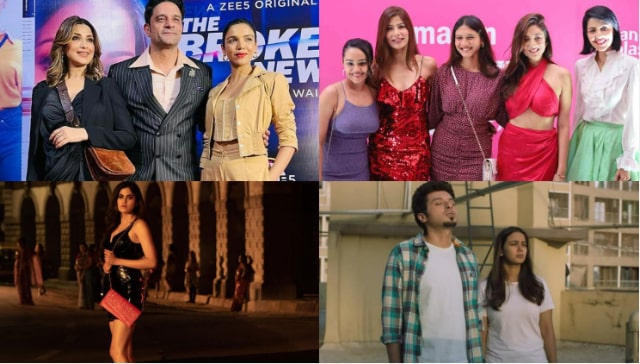)
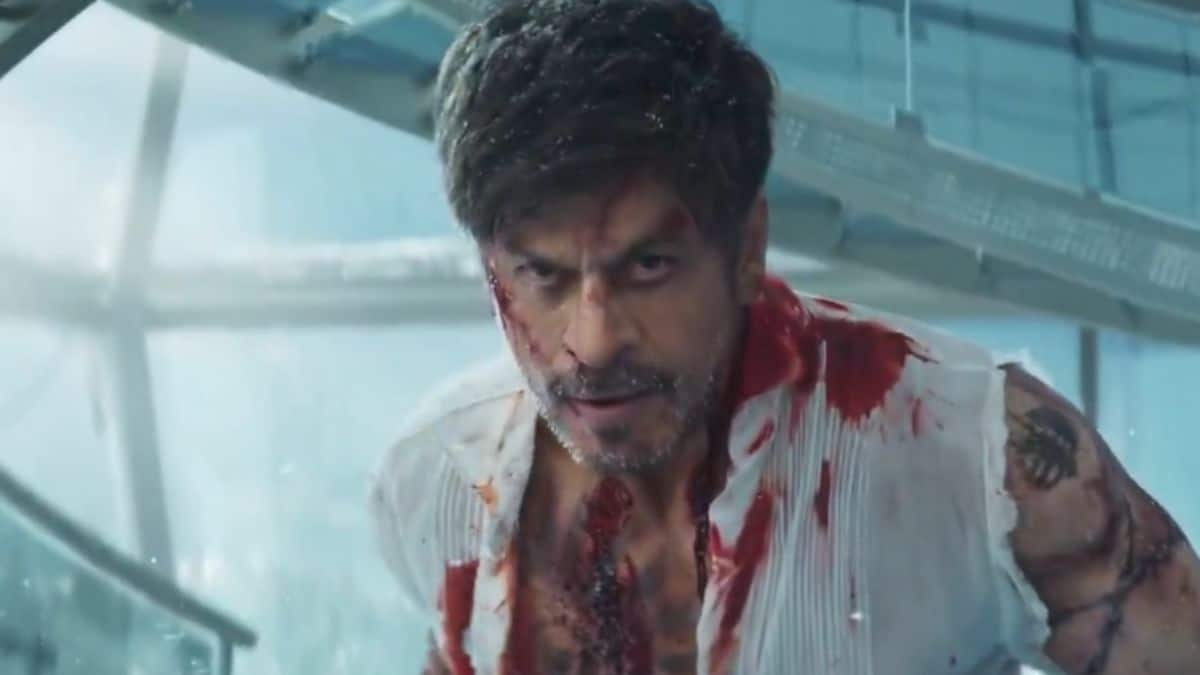
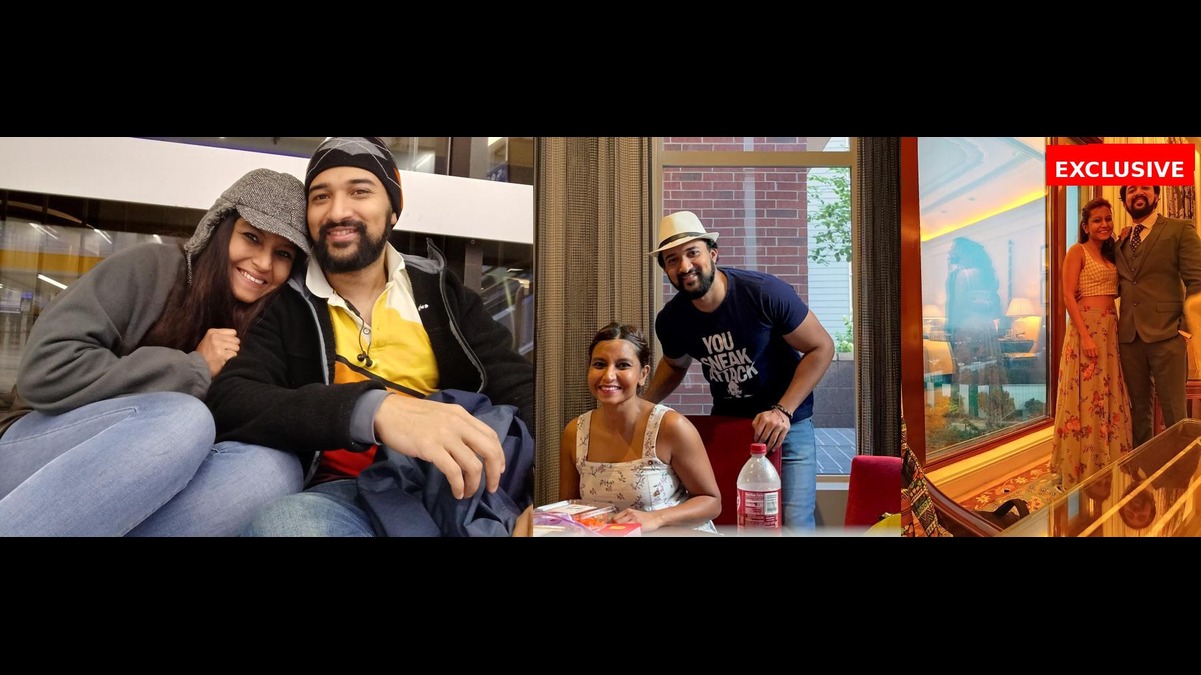)
)
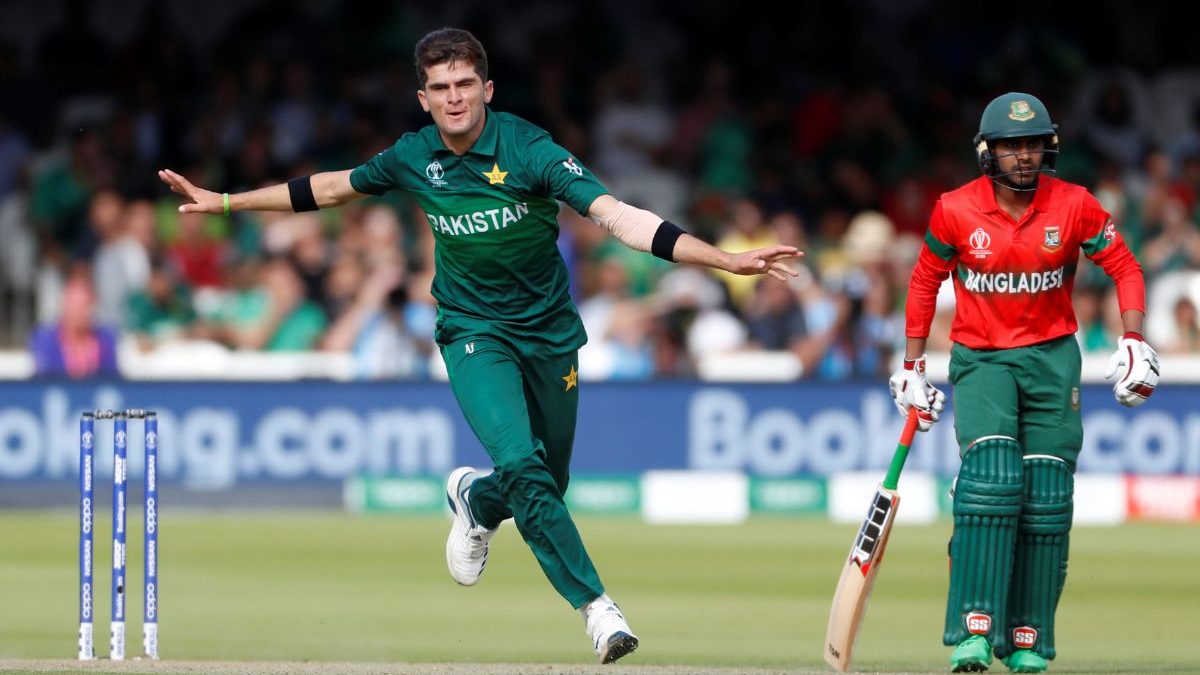)
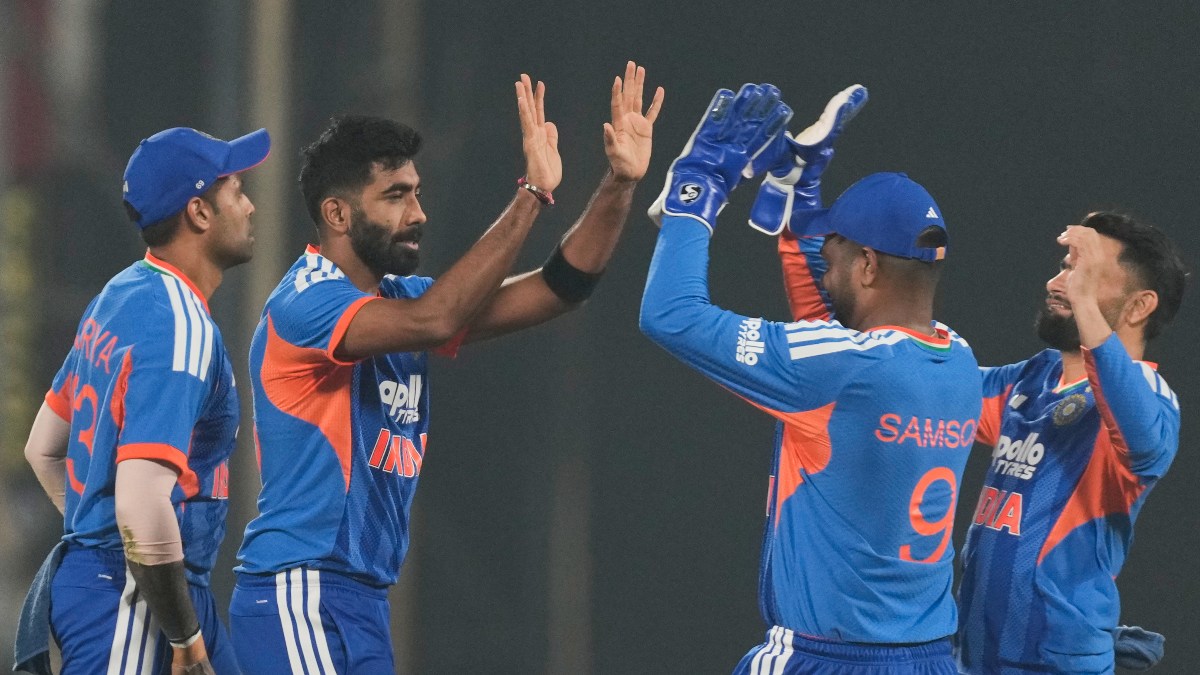)
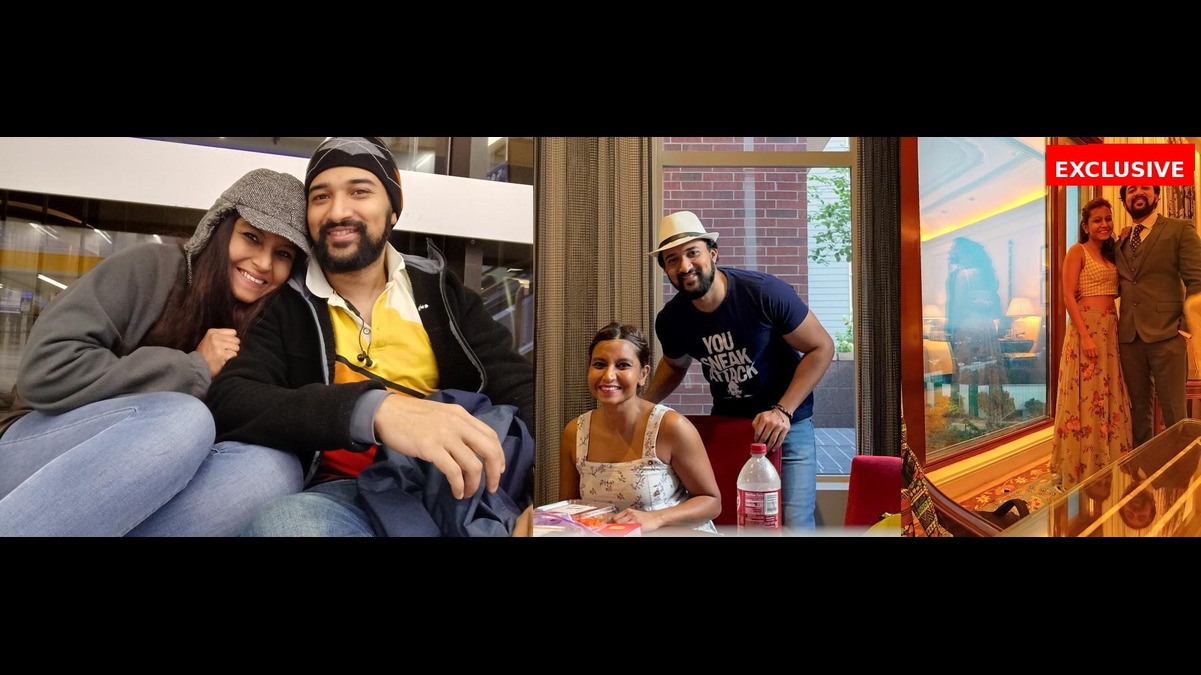)
)
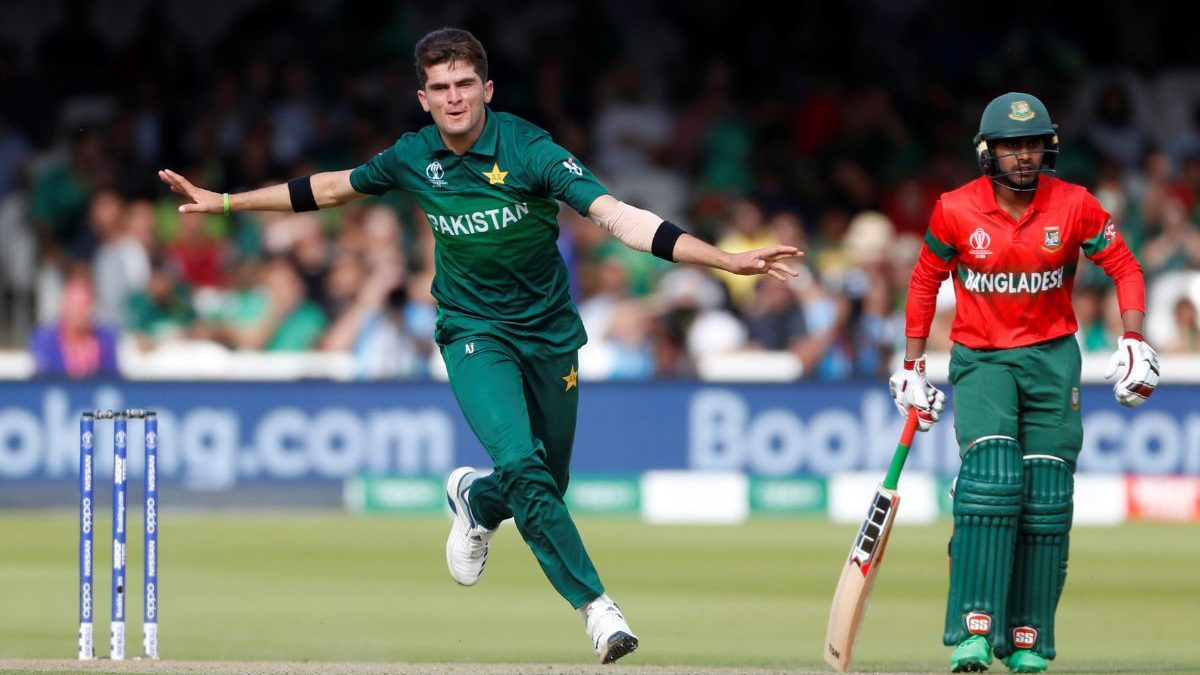)
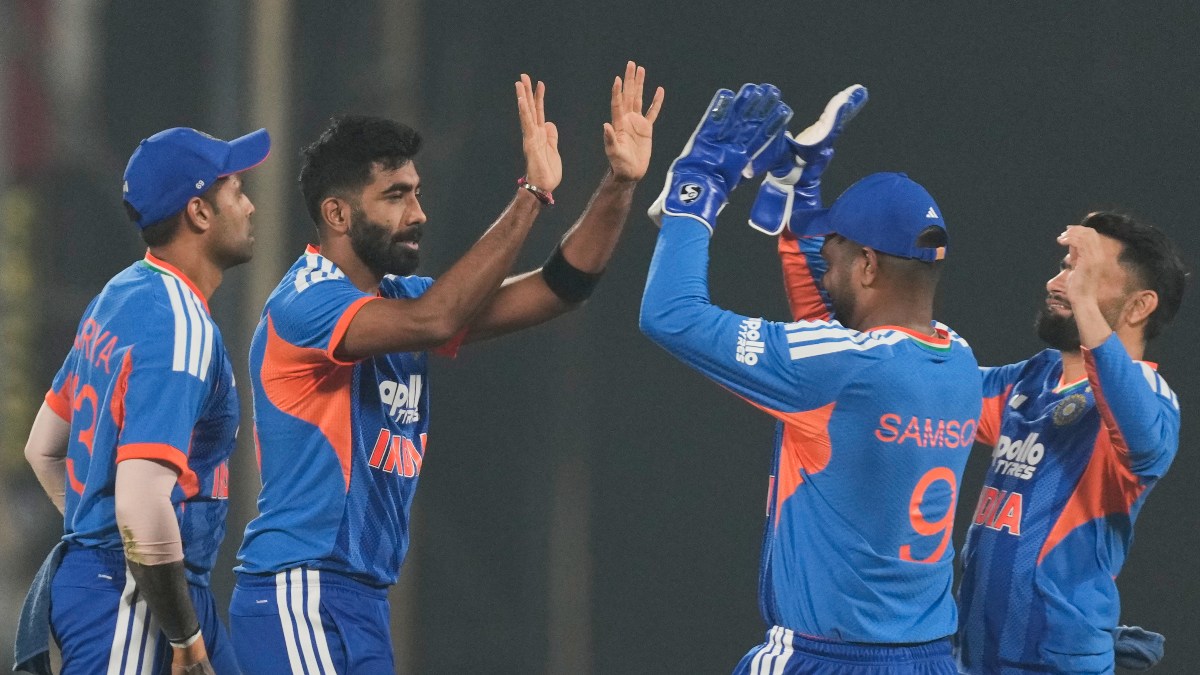)



